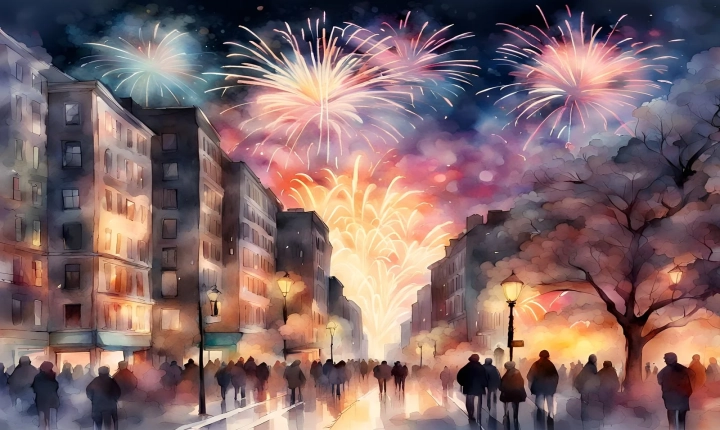Creating a rotating gear animation in Adobe After Effects is a great way to add dynamic movement to your projects. By using basic animation and rotation tools, you can easily create realistic gear rotations that can be used in a variety of applications, from motion graphics to visual effects.
Here’s a step-by-step guide on how to make an AI gear rotate in After Effects:
Step 1: Set Up Your Composition
Open After Effects and create a new composition by clicking on “New Composition” in the project panel. Choose the desired aspect ratio and frame rate for your project.
Step 2: Import the Gear Image
Import the AI gear image file into your project by clicking on “File” > “Import” > “File” and selecting your gear image. Drag the image onto the timeline to create a new layer.
Step 3: Create a Null Object
Create a new null object by clicking on “Layer” > “New” > “Null Object”. This null object will act as the pivot point for the gear rotation.
Step 4: Parent the Gear to the Null Object
Parent the gear layer to the null object by dragging the pick whip tool from the gear layer to the null object layer. This will make the gear rotate around the null object’s anchor point.
Step 5: Add Keyframes for Rotation
Go to the first frame of your timeline and set a keyframe for the gear’s rotation by clicking on the stopwatch icon next to the rotation property. Then, move to the desired end frame of the animation and set another keyframe with the desired number of rotations.
Step 6: Adjust Rotation Speed
You can adjust the speed of the gear rotation by changing the value of the rotation property keyframes. For smooth and consistent rotation, you can use the graph editor to fine-tune the ease and speed of the rotation.
Step 7: Add Motion Blur
To enhance the realism of the rotation, you can enable motion blur for the gear layer by clicking on the motion blur icon in the timeline. This will create a blur effect during fast rotations, adding a sense of motion to the animation.
Step 8: Preview and Adjust
Preview your animation to see how the gear rotation looks. If you’re not satisfied with the result, you can go back and adjust the keyframes, rotation speed, or motion blur settings until you achieve the desired effect.
Once you’ve completed these steps, you’ll have an AI gear rotating in After Effects. You can further enhance the animation by adding additional elements such as shadows, reflections, or background effects to create a more immersive and visually compelling motion graphic.
In conclusion, creating a rotating gear animation in After Effects is a straightforward process that can add a dynamic touch to your projects. By following these steps, you can easily achieve realistic and visually appealing gear rotations that can be used in a wide variety of video and animation projects.
